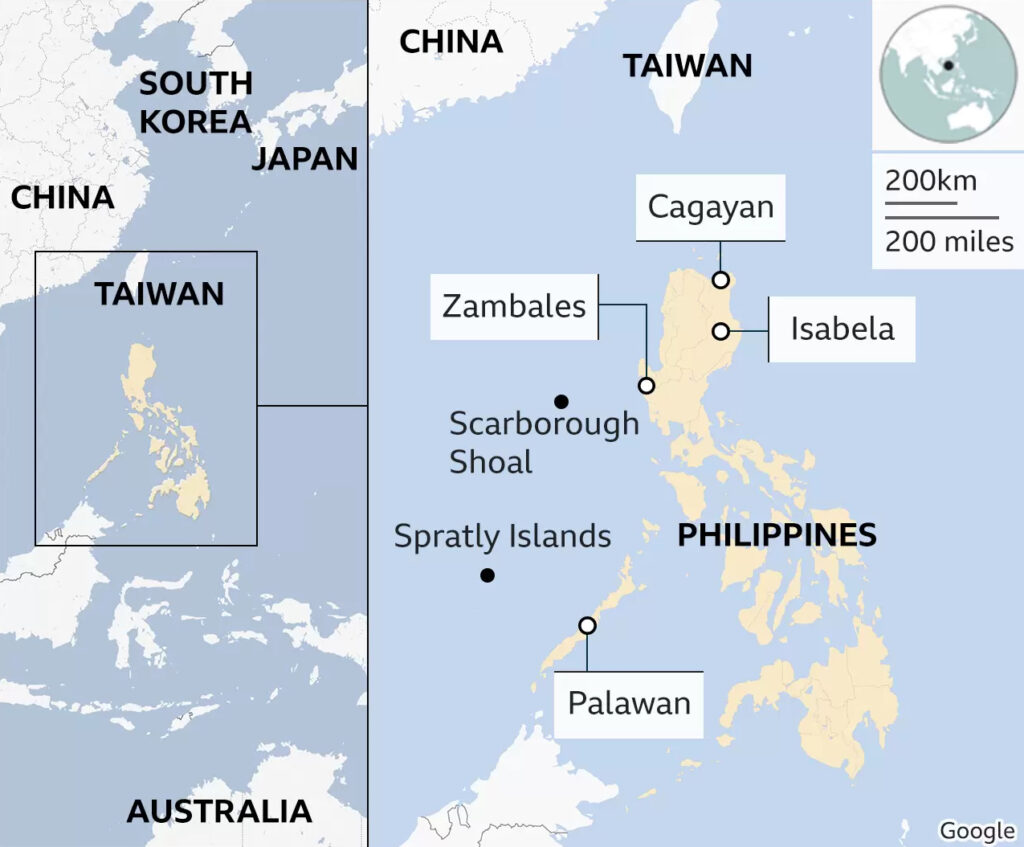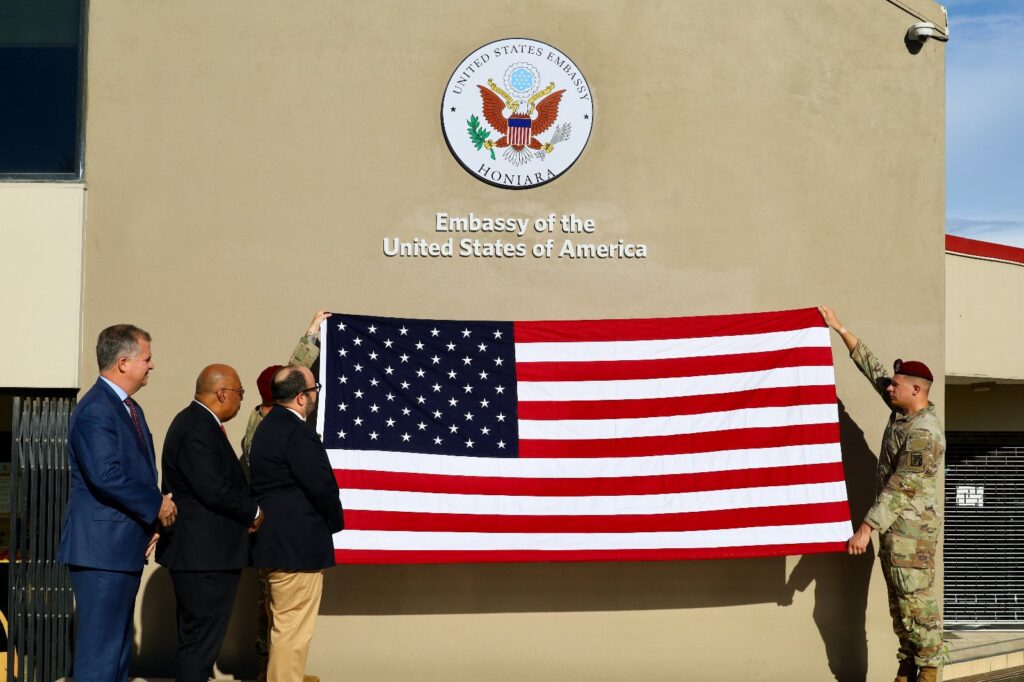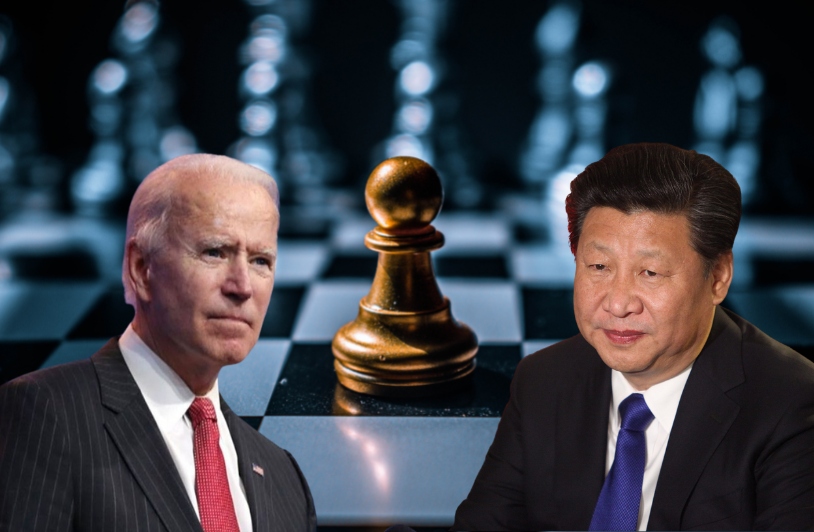Access Granted to More Military Bases In the Philippines and the U.S. Embassy in Solomon Islands Reopens
In two subtle, but very significant moves, the Biden administration has expanded the United States’ presence in the Pacific region, which is perceived by many as actions to counter China’s growing influence there.
In addition to a Pentagon-negotiated agreement that gives the U.S. military access to four more Filipino bases, the U.S. State Department has reopened its embassy in the Solomon Islands.
The military bases in the Philippines provide the U.S. a missing piece of the important puzzle required to surround China with an arc of influence, allowing it to better monitor and manage such hot-button issues as Taiwan and incursions in the South China Sea. It gives the U.S. a strong group of alliances that stretch from South Korea and Japan in the North, down to Australia in the South.
The U.S. already had limited access to five military sites under the Enhanced Defense Cooperation Agreement (EDCA), but the additions and expanding access came after a visit to Manila by U.S. Defense Secretary, Lloyd Austin, where he met with Philippine President, Ferdinand Marcos Jr.
“The Philippines and the United States are proud to announce their plans to accelerate the full implementation of the EDCA with the agreement to designate four new Agreed Locations in strategic areas of the country and the substantial completion of the projects in the existing five Agreed Locations,” a joint statement said, which was published on the websites of the US Department of Defense and on the Philippines’ Department of National Defense.

The move has not come without controversy within the Philippines, where anti-American sentiment is prevalent, especially among the country’s left-leaning groups.
“We have a long history of inequality in our relationship,” Renato Reyes, secretary general of the New Patriotic Alliance, told the BBC. “The Philippines has been forced to shoulder the social costs. There’s a history of rape, child abuse, and of toxic waste.”
Much of the opposition is associated to the history of violence and abuse by U.S. troops, as well an estimated 15,000 children left behind by their American fathers to face a great deal of discrimnation.
China has also weighed in against the move. In a statement from the Chinese Embassy in Manila, a spokesperson said: “The United States, out of its self interests and zero-sum game mentality, continues to step up military posture in this region. Its actions escalate regional tension and undermine regional peace and stability. During his visit, U.S. Secretary of Defense smeared China on the issue of South China Sea to advance the anti-China political agenda of the US.” Read the full statement HERE.

The reopening of the Embassy in Honiara, Solomon Islands, is also perceived as a move to counter China’s influence in the Pacific. This comes after the small island nation signed a security deal with Beijing last year, which caught the U.S. off guard, causing it to reverse course after closing the embassy in 1993.
In a video statement, U.S. Secretary of State, Antony Blinken said “The United States is committed to working with Solomon Islands and other partners to support an Indo-Pacific that is free and open, connected, prosperous, secure and resilient. View the full statement below:
Last February, I announced that the United States would establish an embassy in Solomon Islands. Now, that pledge is a reality. The United States is a Pacific country, and we are taking another important step forward in helping deliver for our people and for the region we share. pic.twitter.com/lilp0ywZl9
— Secretary Antony Blinken (@SecBlinken) February 1, 2023
The new US embassy also comes as Washington has been re-negotiating agreements with three island nations in the North Pacific: Micronesia, Palau and the Marshall Islands. All three give exclusive military use rights to the U.S.





